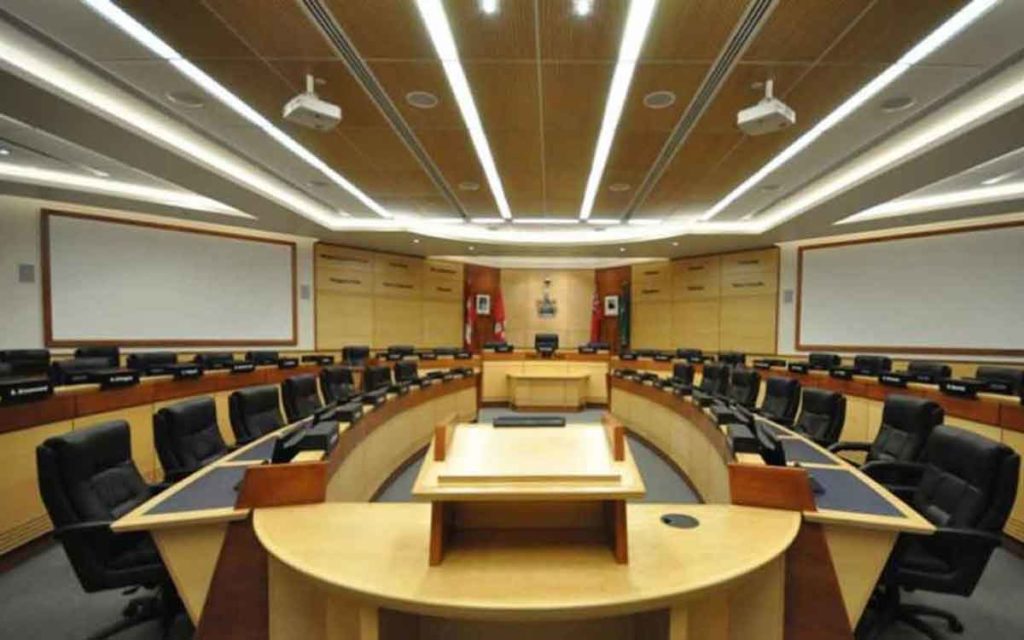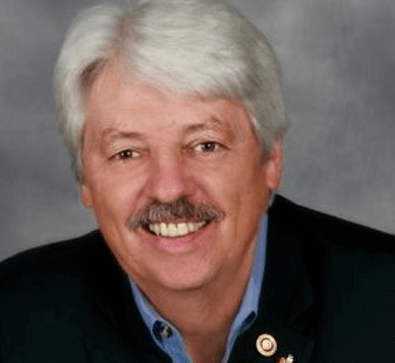
Regional Council’s recent decision to refer a request by local business leaders to have a discussion on COVID-19 financial implications on taxpayers and business owners was both encouraging and disappointing.
The disappointment comes from the immediate motion to refer which resulted in no discussion on the matter.
As a former regional councillor, I always felt it was important to listen to the leaders of our business community. I do recall many times when such requests were referred to budget committee only to see council later decide they don’t have enough time at budget committee to revisit the referred item. In addition, presenters were frequently told that they could only come back to council if they had ‘new information’. The new “councillors workshop” format will make it even more difficult for councillors to question or discuss such information and concerns with presenters.
On the other hand, the encouraging aspect is that many on Council and the business community recognize that there is a problem with the amount of money being spent and tax revenues lost, due to this pandemic. How to solve the problem is where they differ.
Kudos to Niagara’s local governments for supporting the “NO DEFICIT” policy for municipal government a few weeks ago. Perhaps they understand the dangers of deficits as they see the Provincial and Federal governments use deficit spending to deal with the COVID 19 crisis. Perhaps they understand the size of the tax increases that will be required for years to pay for the debt these deficits will create. The Region and most of the municipalities have already increased property taxes significantly this term before the virus arrived. They are asking the province and feds for more emergency operating funds and long term grants, and an upload of Public Health costs. They are asking the province to run a larger deficit so they can avoid huge property tax increases. The provinces, in turn, are asking the federal government to increase its deficit spending and debt to help with the provincial deficit and debt. The federal government is asking the Bank of Canada to print more money so they don’t have to borrow more.
Niagara’s 13 municipal governments seem to understand that piling up debt is not a good solution, so they do not want the power to budget for a deficit. Maybe they don’t want to have the authority or the need to choose between huge debt and dealing with COVID-19 extra costs.
The cost of the provincial and federal deficits built up to deal with this public health crisis will be borne by the taxpayer over many years to come, through personal income tax, corporate income tax, sales taxes and property taxes.
All governments will have to look to other solutions in addition to raising taxes and printing money.
Restraint at the bargaining table may be one.
This will require a different kind of heroism from our public sector workers. Toronto and Hamilton firefighters have already shown some measure of that kind of new heroism as they quickly turned away any thought of needing a $4 an hour pandemic pay increase. Governments dealing with debt and deficits and/or massive tax increases are going to need some heroic efforts from both sides of the bargaining table for the next few years.
Niagara’s 13 have a huge job ahead of them and they are right to keep the discipline of the “NO DEFICIT BUDGET” policy. However, it would be wise for Niagara’s elected political leaders to accept the invitation extended to them by local business leaders to discuss all possible options with regard to dealing with the financial fallout of the COVID-19 crisis; because massive tax increases and begging upper levels of government for more and more money cannot be the only strategies.
Bruce Timms, P.Eng. Former Regional Councillor 1991 – 2018

Bruce Timms represented St. Catharines on Niagara Regional Council from 1991 to 2018. During his near three decades in municipal politics, Timms sat on and chaired numerous committees and boards. A lifelong Niagara resident and proud Rotarian, Timms is a professional engineer and home inspector by trade.




















